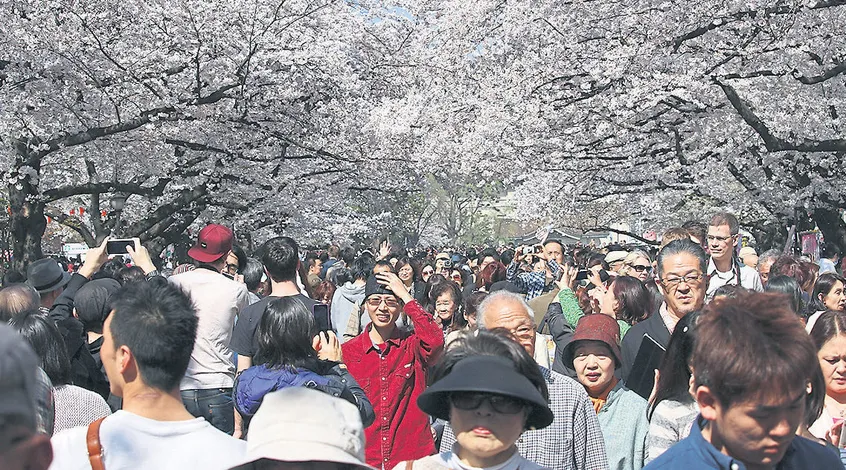The eyes of the world were on Japan in 2011.
This was when it was left reeling from the triple disaster of a powerful earthquake, a devastating tsunami and a catastrophic nuclear accident. Seven years later, Japan is gearing itself up for a happier return to global attention – the Rugby World Cup in 2019 and the Olympics in 2020. Sporting occasions can be a fantastic opportunity to bring a nation together in unity and celebration.
But what’s the news about the state of the church in Japan? The bare statistics paint a discouraging picture.


